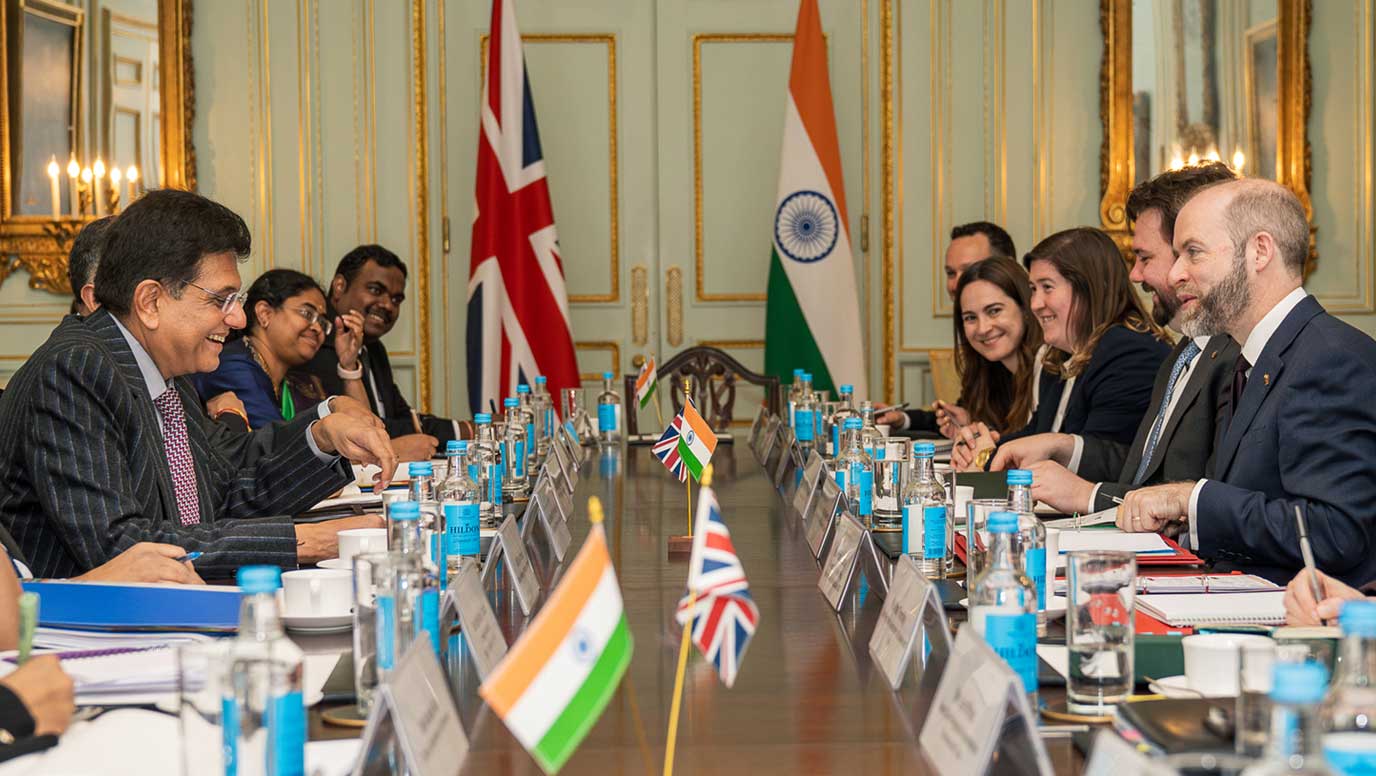UK and India boost trade by billions via historic deal

The deal is expected to increase bilateral trade by £25.5 billion, UK GDP by £4.8 bn and wages by £2.2 bn each year in the long run. The medical devices segment of the life science cluster in Cambridge and the East of England could especially benefit from the alliance. Aerospace, including the likes of Cambridge-based Marshall, also stand to cash in.
Whisky and gin tariffs will be halved from 150 per cent to 75 per cent before reducing to 40 per cent by year 10 of the deal, while automotive tariffs will go from over 100 per cent to 10 per cent under a quota.
Other goods with reduced tariffs, which can open markets and make trade cheaper for businesses and Indian consumers, include cosmetics, aerospace, lamb, medical devices, salmon, electrical machinery, soft drinks, chocolate, and biscuits.
The UK government said British shoppers could see cheaper prices and more choice on products including clothes, footwear, and food products including frozen prawns as tariffs are liberalised.
UK businesses gain a competitive edge over international competitors when entering India’s enormous market as it gets even bigger – forecast to become the third largest global economy within three years.
Business and Trade Secretary Jonathan Reynolds and Indian Commerce Minister Piyush Goyal held final talks in London last week after relaunching negotiations only two months ago. Negotiators across both sides have worked around the clock since February to get this deal done, which is the biggest and most economically significant bilateral trade deal the UK has done since leaving the EU, and the best deal India has ever agreed.
Prime Minister Keir Starmer said: “We are now in a new era for trade and the economy. That means going further and faster to strengthen the UK’s economy, putting more money in working people’s pockets.
“Through this government’s stable and pragmatic leadership, the UK has become an attractive place to do business. Today we have agreed a landmark deal with India - one of the fastest growing economies in the world, which will grow the economy and deliver for British people and business.
“Strengthening our alliances and reducing trade barriers with economies around the world is part of our Plan for Change to deliver a stronger and more secure economy here at home.”
Jonathan Reynolds added: “This government’s number one mission is growing the economy as part of our Plan for Change so we can put more money in people’s pockets.
“By striking a new trade deal with the fastest-growing economy in the world, we are delivering billions for the UK economy and wages every year and unlocking growth in every corner of the country, from advanced manufacturing in the North East to whisky distilleries in Scotland. In times of global uncertainty, a pragmatic approach to global trade that provides businesses and consumers with stability is more important than ever.”
William Bain, Head of Trade Policy, British Chambers of Commerce said: “A Free Trade Agreement (FTA) between the UK and India is a huge boost to our economies and a welcome lift for our exporters. Both Governments should be congratulated for their strong engagement with business and hard work throughout long, but ultimately successful, negotiations. Against the backdrop of mounting trade uncertainty across the globe, these tariff reductions will be a big relief.”


